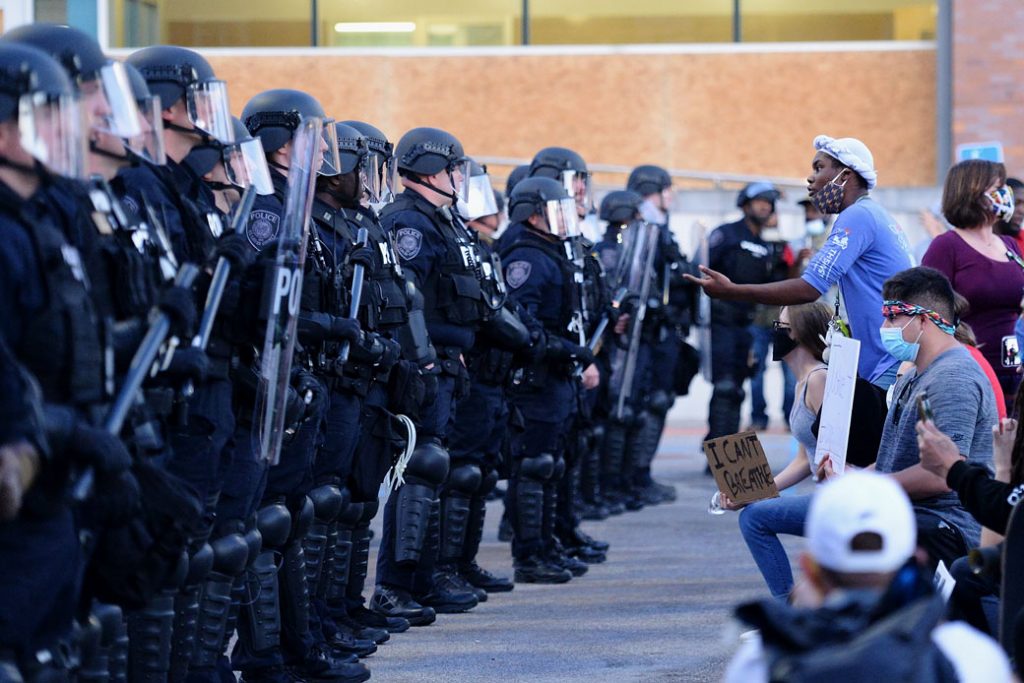
Shedding Racism in America, One Layer at a Time
Simply put, it is impossible to support racist actions and behavior because of how racism presents itself.
Racism is one of the most unjustifiable qualities of humankind since the dawn of time. It is nothing but a generalization of hatred and discrimination against people of a race based on information untrue to most people in that race. For example, non-black people may view blacks as inferior because they see multiple scenarios of blacks being culprits of crimes on the news. These scenarios become general stereotypes which only make up a small percentage of that race. Arguably the worst instances of racism are when authoritative or crucial decisions are made against people of a certain race, especially when said people are punished harshly for petty crimes, or even, no real crime at all. For the past few months, police brutality against blacks has become one of America’s greatest issues, sparking multiple riots nationwide.
But after all these centuries of discrimination against blacks, why does police brutality still exist in society today?
To answer this question, it is necessary to understand how racism came to be and how its analogous “layers” have been shed over time. Up until the Renaissance period, there had not actually been nearly as much racism found in comparison to the highly racist future that would soon come to be. In the early seventeenth century, Europeans started coming into contact with people of darker skin during the Renaissance, which was how they first came across the idea of colored people being inferior. They kidnapped several Africans and exploited them to work as servants, with the first slaves arriving in the American colonies in 1619. For over two hundred years, the number of slaves in the nation grew to four million.
It wasn’t until the Civil War in the 1860s when slavery was abolished. President Lincoln’s Emancipation Proclamation essentially gave the four million slaves freedom once the Union won the war against the pro-slavery Confederates. But while this was the end of slavery, this was absolutely not the end of racism, especially towards blacks. For another one hundred years, whites and people of color were segregated in nearly every aspect of life, including education, seating on public buses, public bathrooms, and more. In the 1960s, segregation was finally put to an end. Since then, people of all colors and races in America were made equal. But, yet again, this was not the end of racism.
While everyone in America has been technically considered equal (in the sense that everyone in the US or is a citizen has equal voting rights, same laws to follow, etc.) the stigma against blacks still remains inside certain people’s minds, and is yet another layer that must be shed. Unfortunately, that includes people in law enforcement. For so many years, blacks have been taking worse punishments (and even getting killed) by the police far more often than other races for similar crimes, and it absolutely should not be the case. At that point, everyone’s equality doesn’t matter if certain people are being killed by the police for trivial crimes--and the more horrifying truth--no crime at all.
Essentially, police (especially white ones) are trying to take care of problems by generalizing blacks as the enemy. Perhaps the most prominent incident was George Floyd’s death on May 25, 2020, where Floyd was arrested after passing a counterfeit $20 bill at a grocery store, and was killed by officer Derek Chauvin later. Chauvin killed him by inflicting eight minutes and forty-six seconds of complete torture to Floyd and everyone watching. For that amount of time, Floyd couldn’t breathe as Chauvin put his knee to Floyd’s neck.
Seeing as how many similar incidents there were and the countless riots and protests across the nation, it is clear these acts of police brutality are supposed to be a problem of the past. They do not and did not have any justifiable place in our society. So, in order to get rid of these acts forever, should the police be defunded? That is a very controversial topic, but ultimately, defunding the police would allow for a fresh start with a brand new law enforcement system. Also, the money that once went to police can now be used to help other causes.
Now, you may be wondering, what does police brutality have to do with America’s history of slavery and segregation? Essentially, police brutality is just another unjustifiable form of racism that has no right nor reason to exist in the modern world. Slavery and racial segregation are two forms of racism that have been long gone in America. It’s like a layer of racism that remains after the more racist layer surrounding it was removed. The core of racism is something that cannot be destroyed, unfortunately, because there will always be racist people out there (albeit the core has no real impact on an entire society). But just for right now, America needs to find out a way that would ultimately shed the layer of police brutality. Once that happens, it will be just as important and iconic as the moments in history when slavery was abolished and when America became desegregated. Slavery, racial segregation, and police brutality are three layers of unjustifiable racism that shall never be seen in America (and hopefully, the rest of the world) again.
Citations
Fredrickson, George M. “RACE - The Power of an Illusion . Background Readings.” PBS, Public Broadcasting Service, 2003, www.pbs.org/race/000_About/002_04-background-02-01.htm.
History.com Editors. “Slavery in America.” History.com, A&E Television Networks, 12 Nov. 2009, www.history.com/topics/black-history/slavery#section_4.
Ray, Rashawn. “What Does 'Defund the Police' Mean and Does It Have Merit?” Brookings, 19 June 2020, www.brookings.edu/blog/fixgov/2020/06/19/what-does-defund-the-police-mean-and-does-it-have-merit/.
Taylor, Steve. “The Psychology of Racism.” Psychology Today, Sussex Publishers, 19 Jan. 2018, www.psychologytoday.com/us/blog/out-the-darkness/201801/the-psychology-racism.





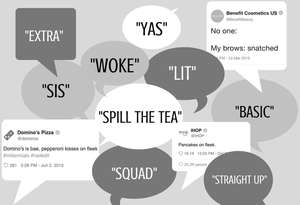
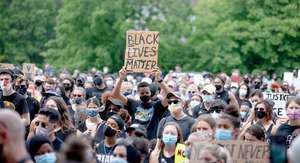



















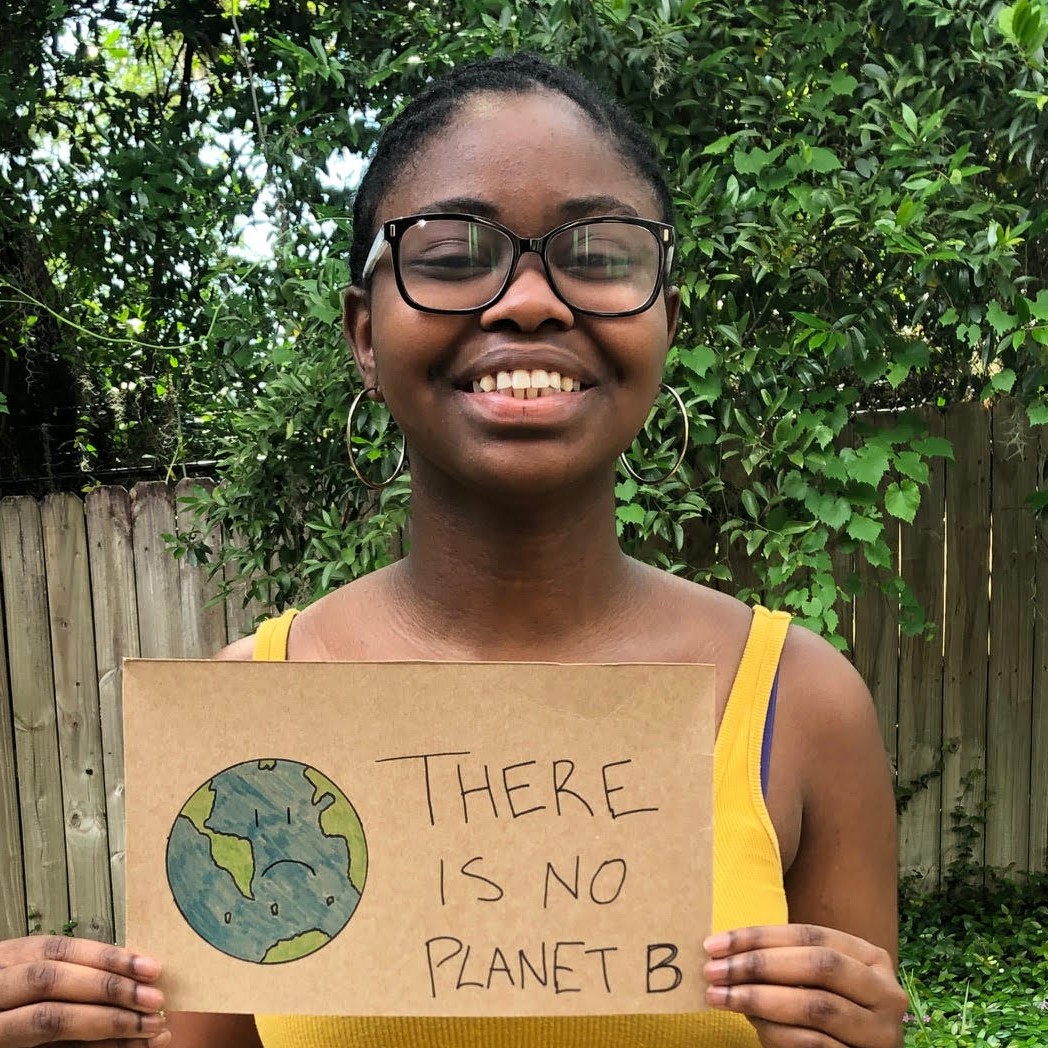


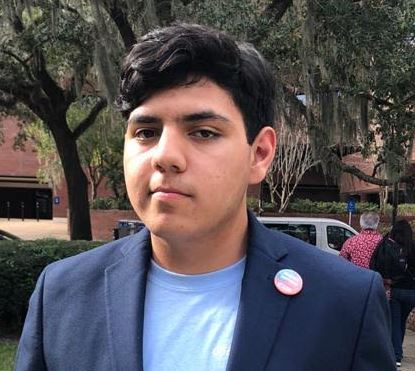



Comments